You are currently in the "Newbie" - Learning paths
1
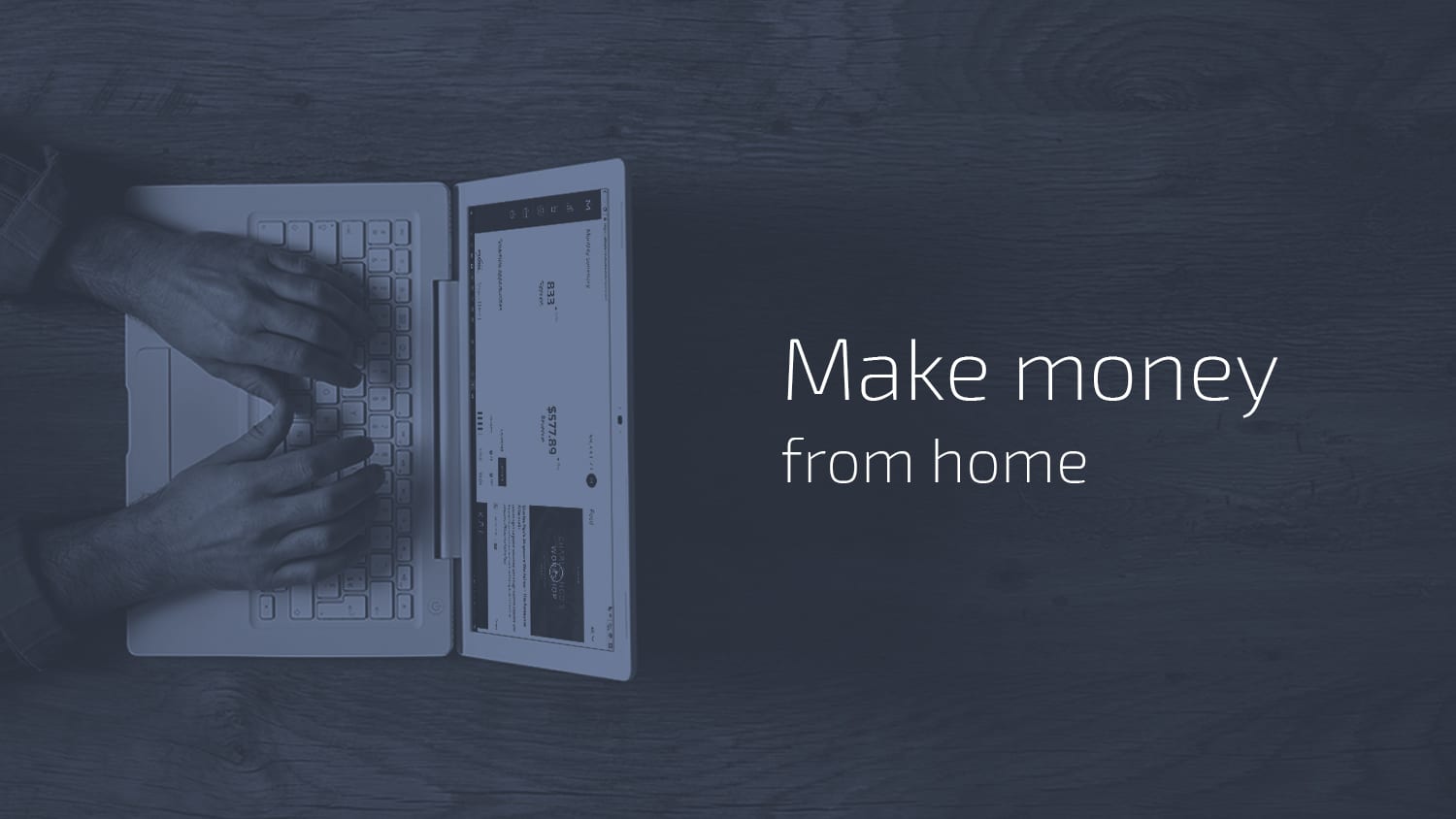

5 Proven Ways to Make Extra Money From Home
6 min read
2
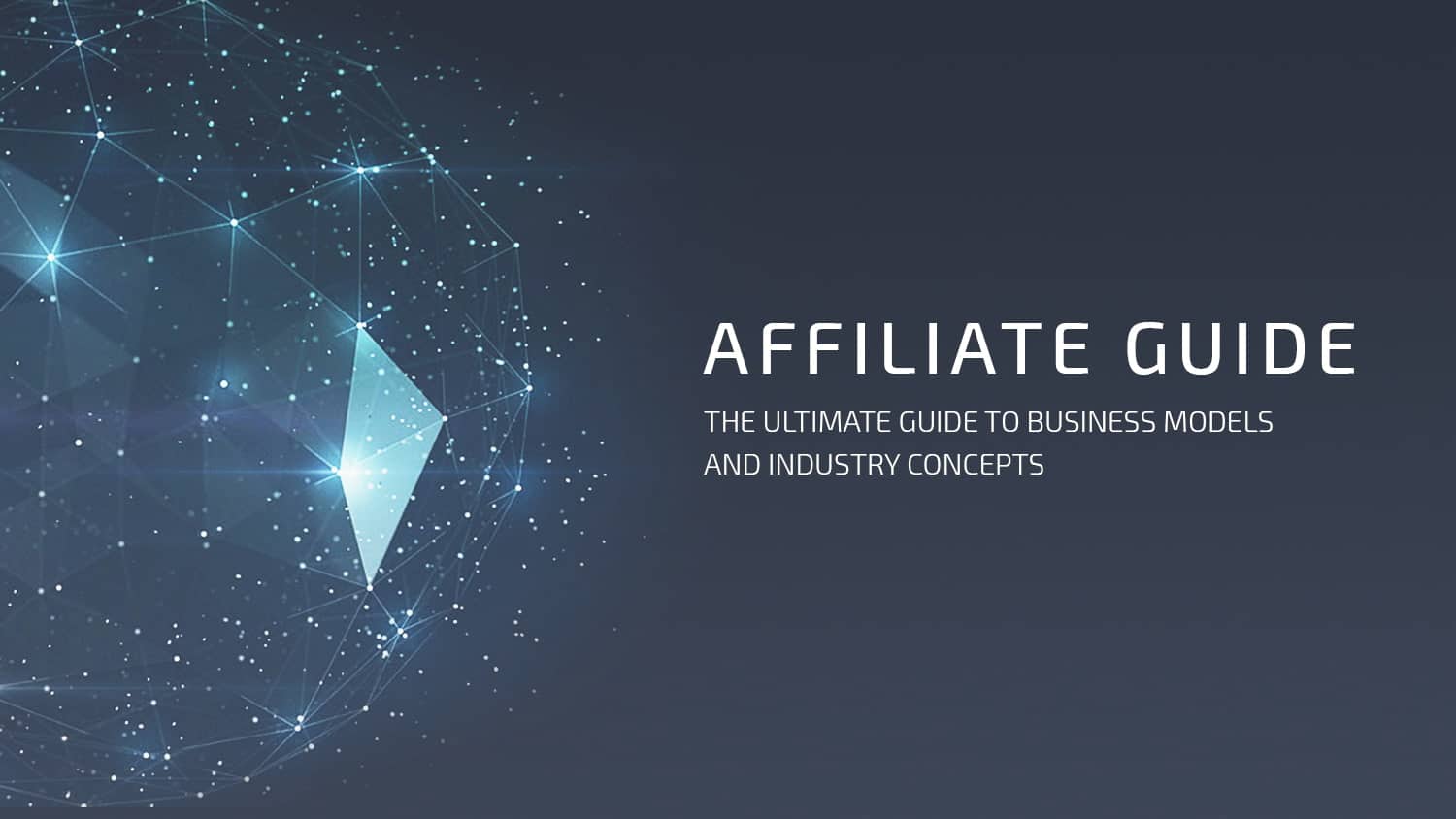

Affiliate Marketing Guide: All You Need to Know
8 min read
3
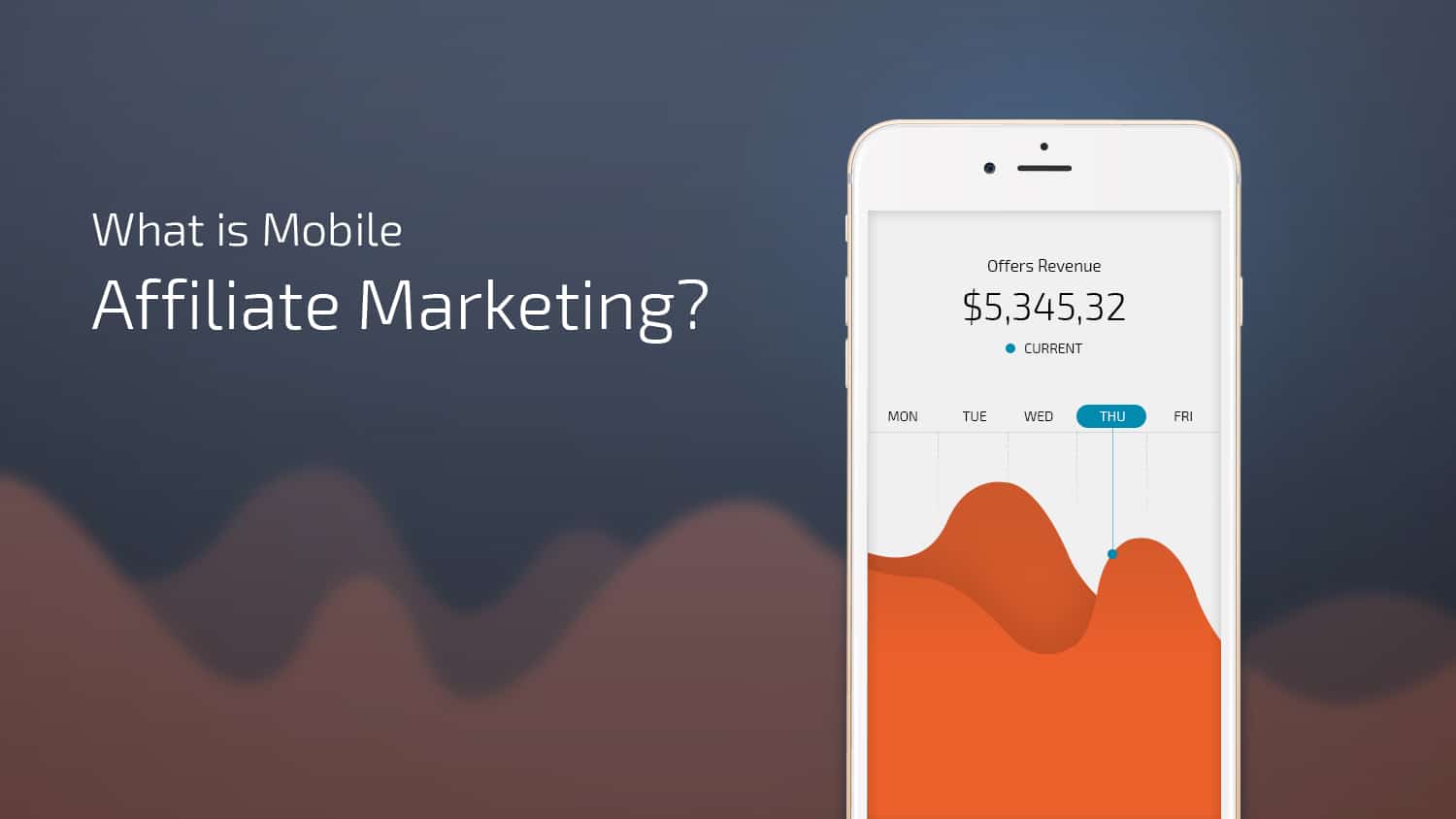

What is Mobile Affiliate Marketing & How It Works
14 min read
4
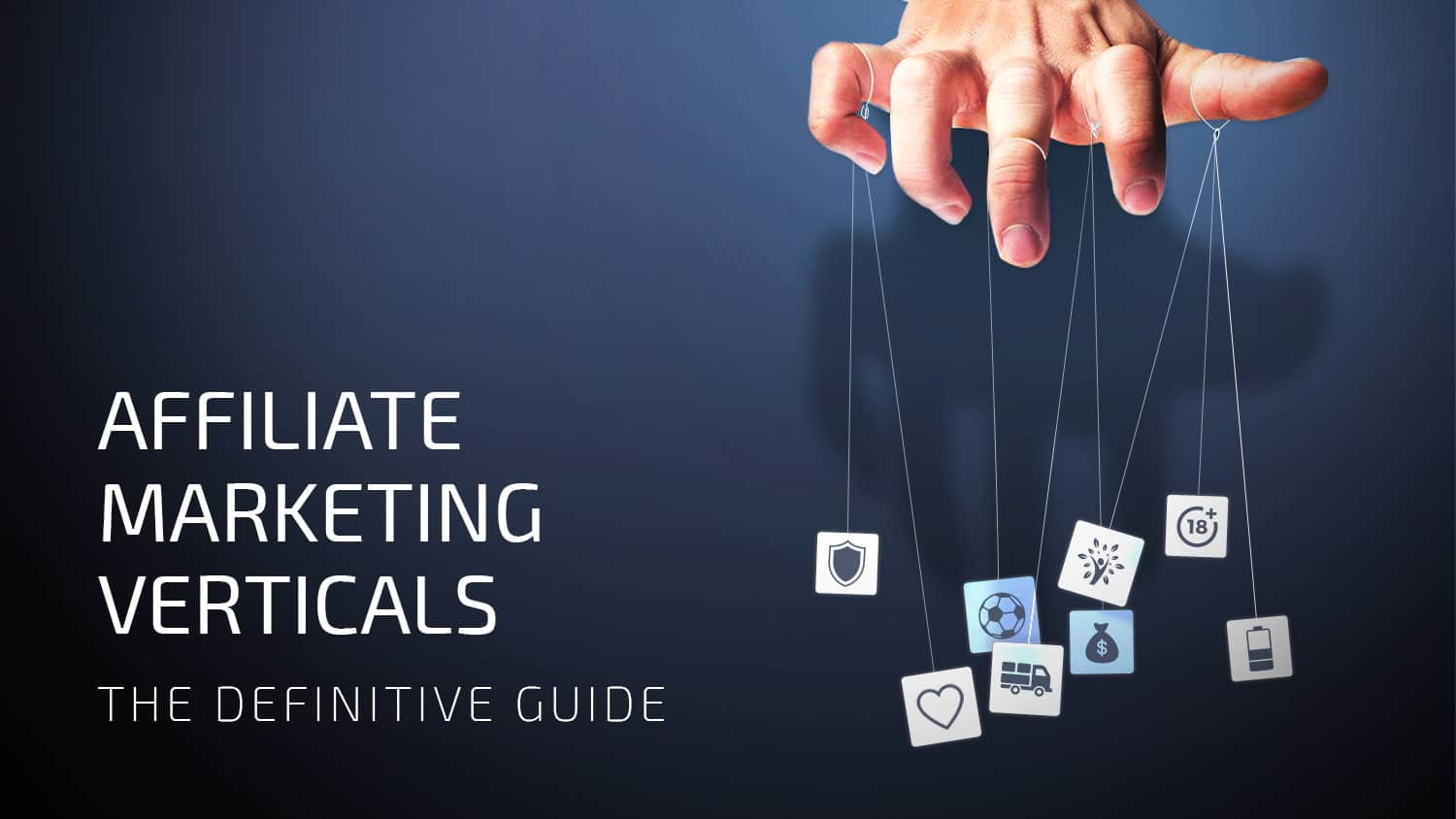

Affiliate Marketing Verticals: The Definitive Guide
16 min read
5
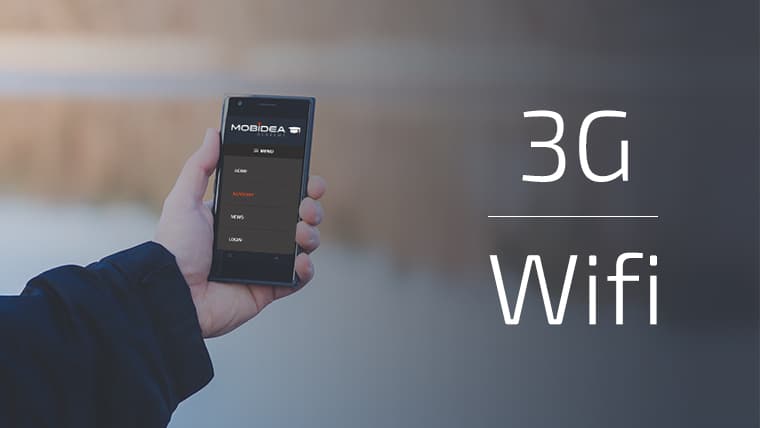

3G Traffic vs Wi-Fi Traffic: The Expert Point Of View
4 min read
6
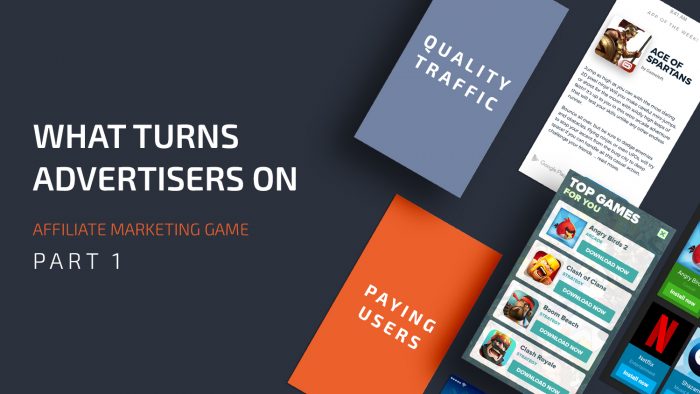

Affiliate Marketing Game: What Turns Advertisers On – Part 1
5 min read
7
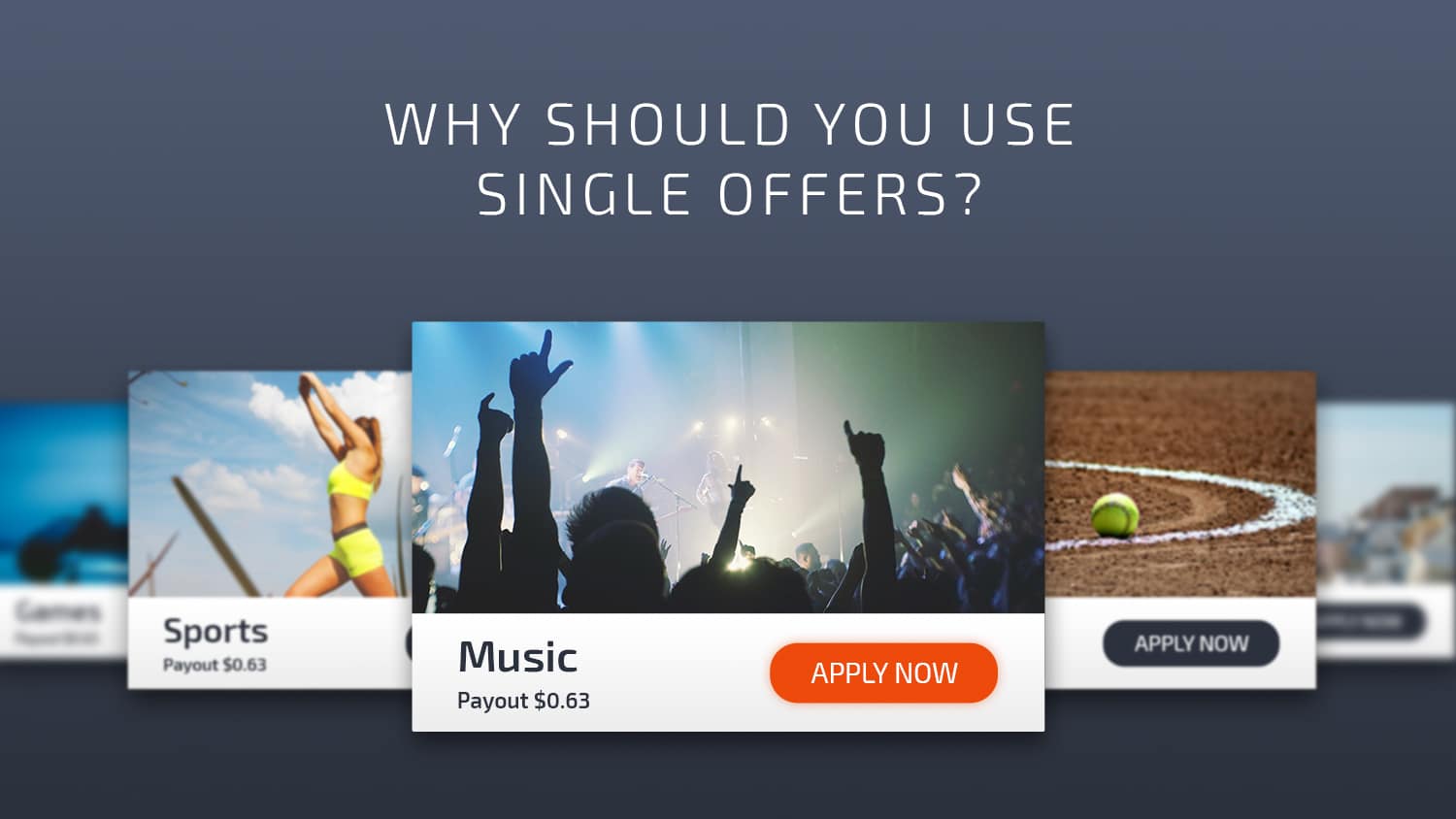

Why Should You Use Single Offers on Your Campaigns?
8 min read
8


Single Offers vs Algorithm: Man Against the Machine
4 min read

